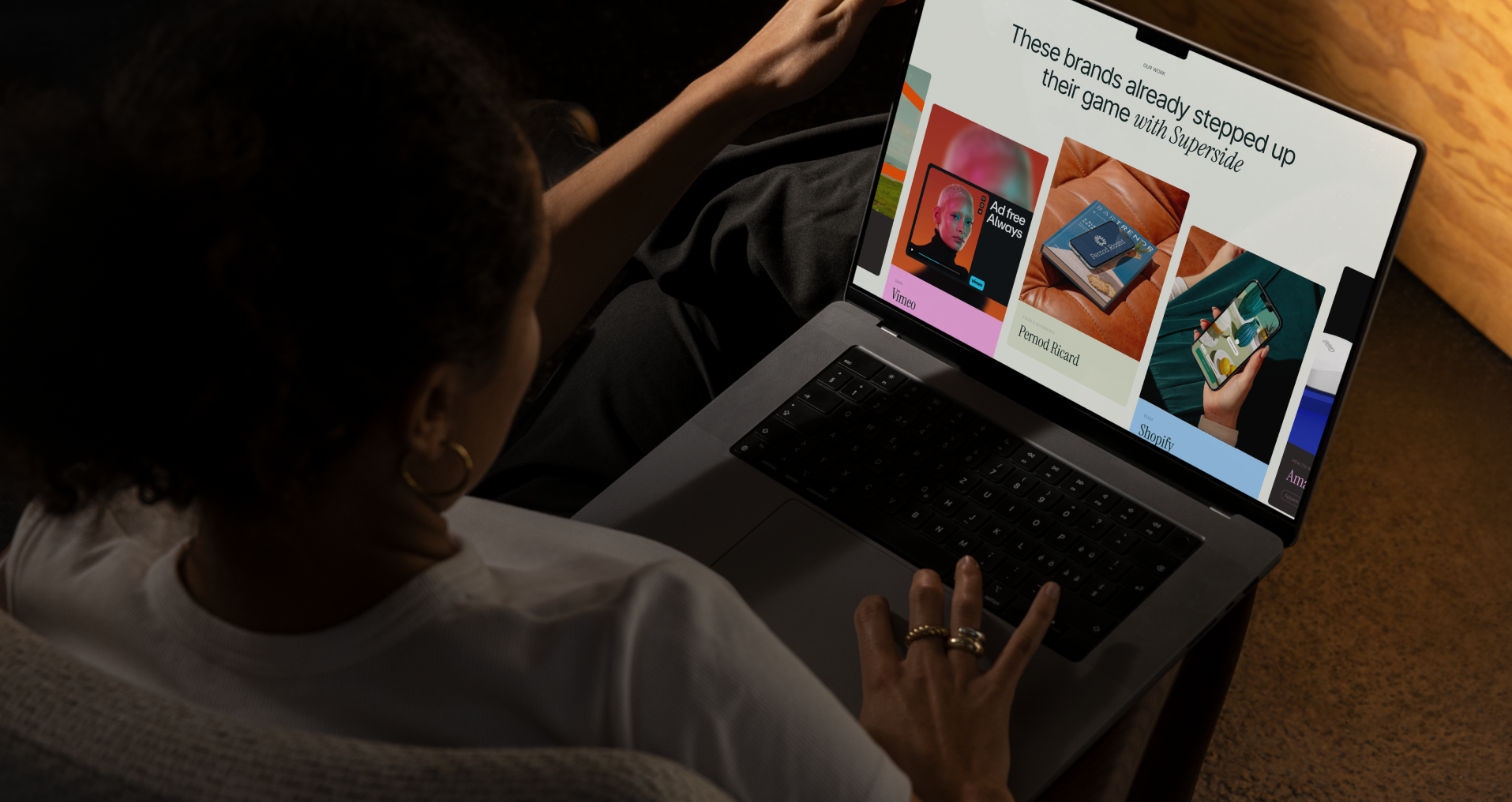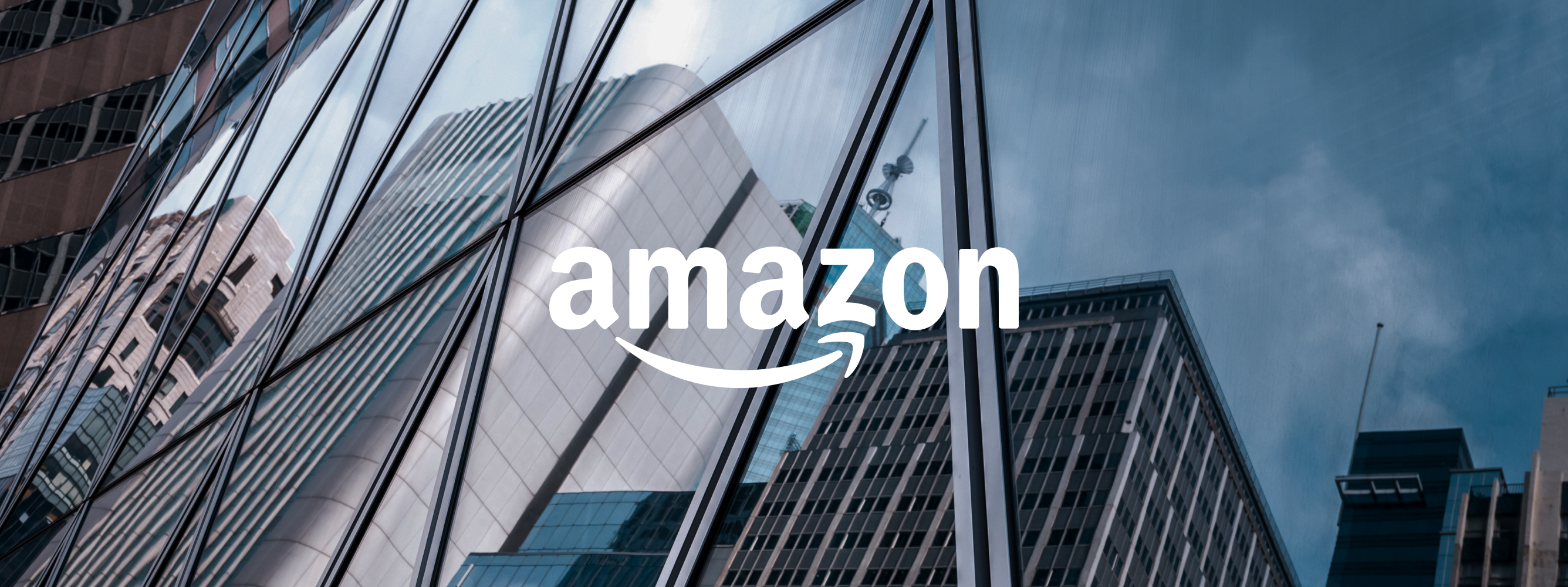5 Financial Mistakes All Freelancers Should Avoid

When it comes to setting up your freelance business, you made sure to get your business cards printed and order your stationery. You set up your Facebook page and are already tweeting up a storm.
But are you forgetting anything or making any business mistakes that you’ll regret later? Building a freelance business is scary enough without concerns over whether you could inadvertently be compromising your business or yourself financially.
No need to stay up at night fretting over the things you’re not doing! We give you a rundown of the top 5 financial mistakes you might accidentally make as a freelancer so that you can avoid them. Don’t worry – you’ve got this!
Mistake #1: Not Keeping Your Finances Separated
When it comes to paying for that stationery, you might have paid with your personal credit card or bank account. Big mistake!
Not keeping your finances separate will mean that you’ll have an accounting nightmare on your hands. You’ll have to go through your personal account line by line to determine which expenses are personal and which are business related.
If you incorporated as an LLC, you might have a hard time proving in court that your business is a separate entity if it doesn’t have its own bank account and credit card.
Also, by not setting up a bank account and credit card for your freelance business, you don’t start to build your business’ credit and that could hurt you later on if you need to borrow money.
According to the Small Business Administration, a business credit score is a gauge of the financial reputation of your business. By opening up an account in the name of your freelance business, you can build a business credit score. A positive business credit score can help you obtain access to capital when your business is growing.
Mistake #2: Not Considering Setting Up an LLC
There are a lot of reasons you might consider setting up an LLC for your freelance business.
The first is that you might be freelancing in an industry where you could face professional liability. Are you a freelance accountant? What happens if a client were to sue you because you screwed up their returns? You would be personally liable and they could come after your personal assets like your home. But if you had set up your business as an LLC either by yourself or by using the online LLC services, they could only come after your business assets.
Another reason an LLC might be right for you is that you might want to use it in order to plan your income. If you’re incredibly successful one year, you could choose to keep some of that money in your business. You could then take the money out the next year when you don’t expect to be as successful.
Mistake #3: Not Realizing You’re Personally Liable on Business Loans and Credit Cards
So, you needed new equipment for your business and wanted to start building your business credit so you took out a loan in your business’ name.
One catch – you likely had to co-sign the loan. In 2016, the Small Business Administration found that roughly 2% of small business loans, including those made to freelance businesses, will go into default, compared with a peak of roughly 6% in 2009. This means that you’re the one who is liable if your business is unable to repay the loan.
So, make sure that you borrow and charge things carefully for your business’ credit vehicles. You might want to wait to buy a new computer until you save up rather than charge it and then struggle to pay your bills.
The fact that a freelancer’s income can often be irregular because you have to wait to complete benchmarks or for clients to finally pay is just another reason why you should be extra careful about taking on debt. You don’t want to not be able to pay.
Mistake #4: Forgetting to Set Up an Emergency Fund
Maybe you quit your job dramatically and stormed out to start your freelance business. Or maybe you gradually built your freelance career and then finally decided to quit your day job when business was booming.
Whatever road you took to get where you are, you still need to protect yourself with an emergency fund.
Having enough in your bank account to cover your expenses for 3 to 6 months is critical. In fact, some freelancers try to save up enough to cover their costs for as much as 8 months to a full year.
Why? Freelance life is uncertain. Even if you have great anchor clients who pay all your bills, you need to make sure you have a back up in case you suddenly lose those clients or there is an economic downturn and suddenly no one is hiring freelancers.

Mistake #5: Forgetting to Save for Retirement
When you left your job, you also gave up the matching money that your employer gave you towards your 401(k). But many freelancers don’t focus on putting money aside for retirement – even though they need to be putting more money away for retirement to make up for the cash their employers used to provide.
Make sure you stash at least 10% to 20% of your income away for your future. You could put it in a Roth Individual Retirement Account (IRA), an IRA, or you might qualify for a solo 401(k), or a Simplified Employee Pension Individual Retirement Arrangement.
More important than where you stash it – is that you put it aside! At the end of the day, freelancers should take their personal and business finances seriously.
But it doesn’t stop here, there are other things freelancers should also be careful about. Read on to learn more about the proper protocol during the contracting process and Getting Better At Selling.
Built to be an extension of in-house teams, we deliver fast, scalable, world-class design and creative solutions to over 450 globally renowned companies such as Amazon, Meta, Salesforce and Google. Connect with us on LinkedIn.










